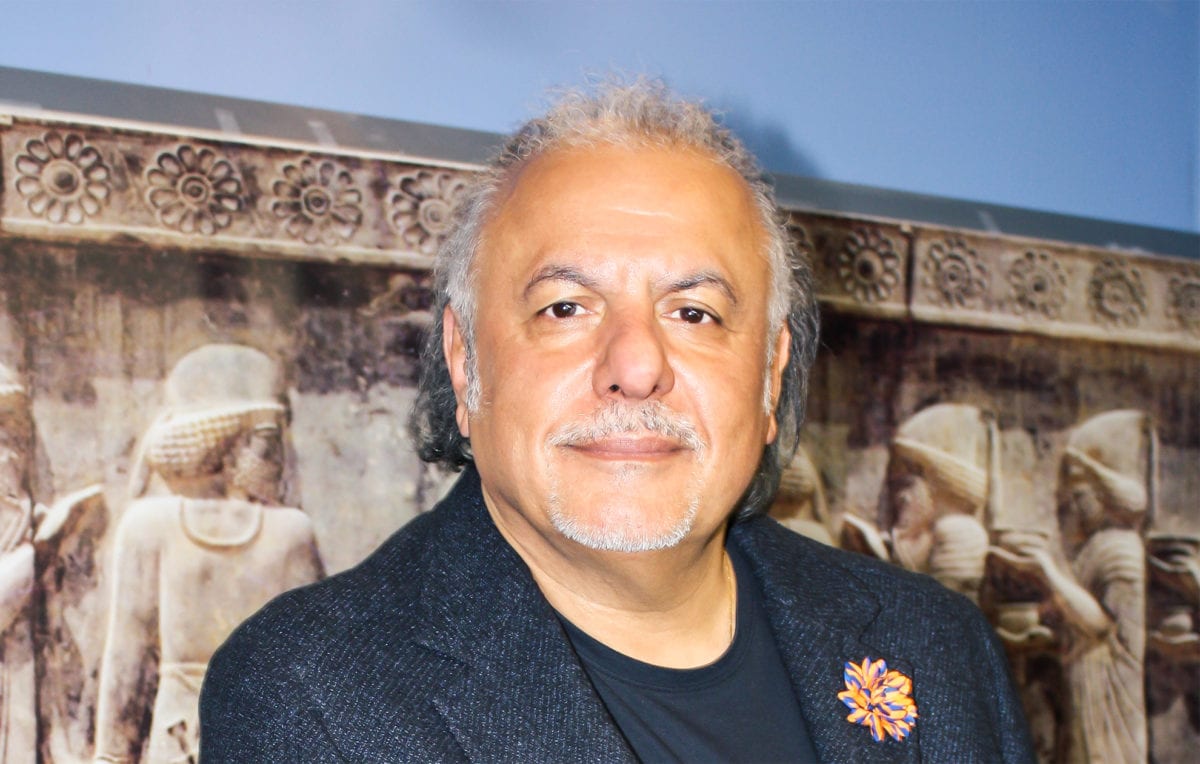A responsible leadership role in business is one of the most potentially influential acts globally, especially during significant social, political, spiritual, and cultural shifts. In an era of increased scrutiny and accountability, responsible leadership is essential for businesses to thrive and contribute to a better future.
Examining the business landscape in recent decades, we can find numerous examples of individuals who have demonstrated exceptional leadership. While their names may vary, these leaders often share a common thread: a commitment to personal success and a positive influence on organizational culture.
Oprah Winfrey: A media mogul and philanthropist, Winfrey has built a global empire through her talk and TV show, magazine, and book club. Her influence extends beyond business, as she is a powerful voice for social justice and empowerment. Jeff Bezos: The founder and former CEO of Amazon, Bezos is known for his innovative e-commerce approach and philanthropic endeavours.
Jeff Weiner, the former CEO of LinkedIn, led the company through significant growth, transforming it into a global professional networking platform. His expertise in online advertising and product development contributed to the company’s success and solidified his position as a respected figure in the tech industry. These individuals represent a diverse group of leaders who have made significant contributions to the business world.
Figures like Tonya Williams, Michael Lee-Chin, Ann Kaplan, Dennis Mitchell, and Kathy Ireland, spanning diverse fields from Food and Hospitality to Information Technology, have achieved remarkable accomplishments. Their dedication to their roles has driven personal success and inspired and motivated those around them. These leaders have shaped organizational cultures that foster innovation, growth, and ethical practices by setting powerful examples.
Responsible leaders prioritize long-term vision over short-term gains. They understand that minor operational issues or market fluctuations, while important, should not overshadow the organization’s strategic goals. By focusing on the big picture, they avoid getting caught up in the urgency of daily tasks and ensure that the company stays on track toward its long-term objectives.
A leader’s attention to detail is crucial for success. By closely examining the overall business and individual teams, leaders can identify areas for improvement and implement strategies that maximize impact. This focused approach helps to prevent disarray and financial loss, ensuring the organization’s continued growth and stability.
Effective leadership requires a proactive approach. Rather than letting circumstances dictate the course of your business, you must establish systems and processes that ensure its continued success, even in your absence. By cutting through the noise and chaos, you can maintain a laser-like focus on the actions that drive profitability and organizational growth.
These skills are not always intuitive. Sometimes, we must learn them through experience or even a crisis. By developing the ability to anticipate challenges and plan accordingly, you can position your business for long-term success.
Continuous improvement is essential for business growth. Complacency with the status quo can lead to stagnation and decline. A forward-thinking business leader’s strategy manual might include a range of initiatives, from implementing more inclusive hiring practices to bridging the gender wage gap.
Beyond financial success, businesses have a moral responsibility to contribute to positive social change. We must seek out and develop new leaders within the organization to ensure a talent pipeline and foster a culture of innovation. Re-skilling our existing workforce benefits individual employees and strengthens the business’s long-term sustainability. By embracing these strategies, we can create a legacy of growth, development, and positive impact on our communities.
To become a truly influential leader, strive to join the ranks of those who have impacted the world. Continuously develop yourself, your team, and your stakeholders. Lead with transparency, fairness, and by example; you, too, can leave your mark on the world. By embodying these principles, you’ll achieve professional success and inspire others to follow in your footsteps, creating positive change.
Jennifer M Williams | Editor-in-chief



















